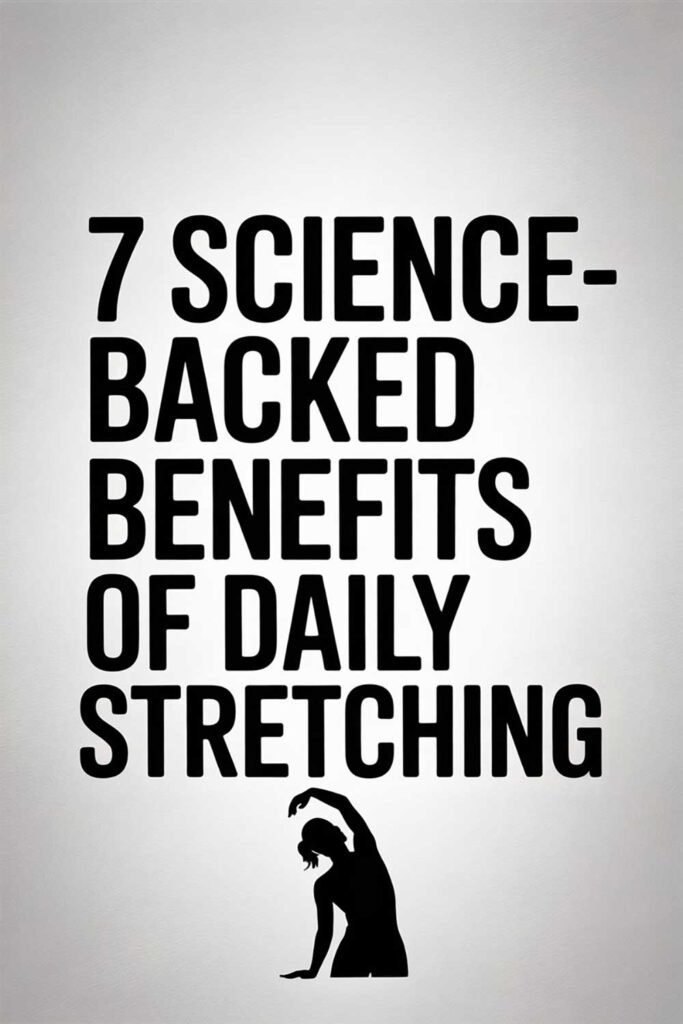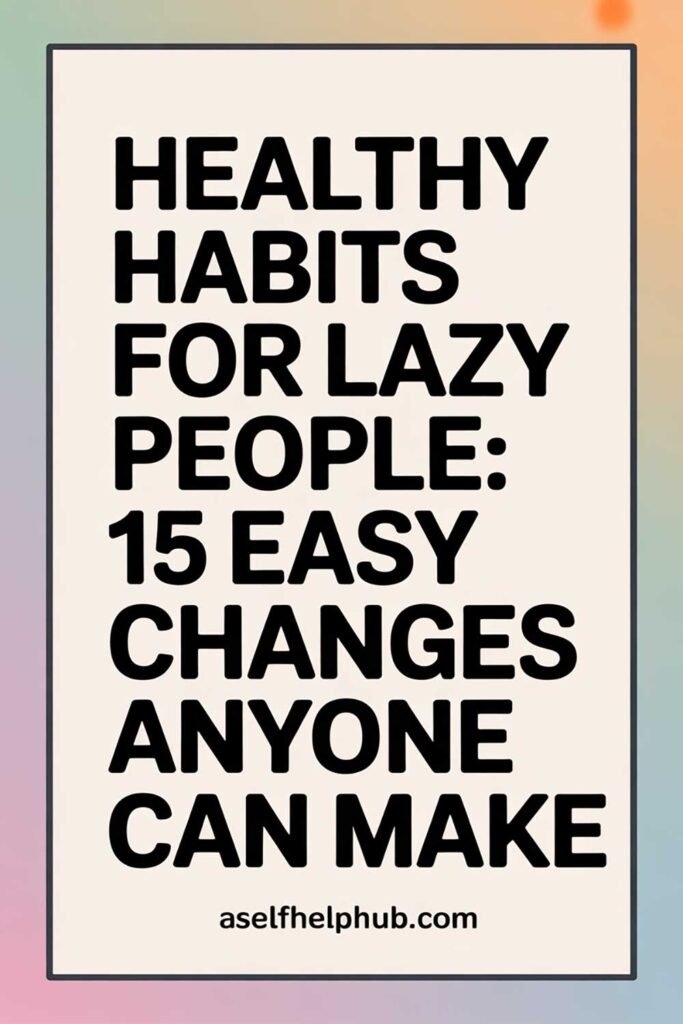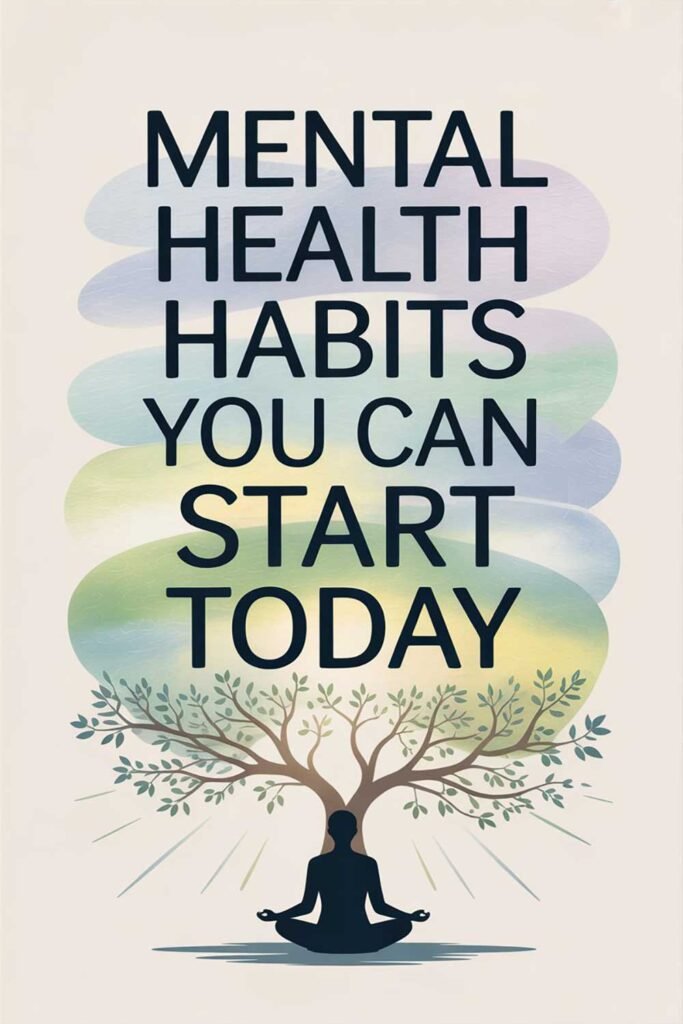9 Hidden Dangers of Processed Foods You Need to Know
Processed foods have become a staple in many households due to their convenience and long shelf life. However, they often come with hidden risks that can negatively impact your health. Here are nine dangers of processed foods you should be aware of.

1. High in Added Sugar and Artificial Sweeteners
Many processed foods contain excessive sugar or artificial sweeteners to enhance taste. High sugar intake can lead to obesity, diabetes, and heart disease, while artificial sweeteners can disrupt gut bacteria and increase cravings for sweets.
2. Packed with Unhealthy Fats
Processed foods often contain trans fats and refined vegetable oils that can raise bad cholesterol (LDL) and increase the risk of heart disease. These fats are commonly found in fried foods, baked goods, and margarine.
3. Loaded with Sodium
Excess sodium in processed foods can contribute to high blood pressure, heart disease, and kidney problems. Canned soups, processed meats, and frozen meals are some of the biggest culprits.
4. Contain Harmful Preservatives
To extend shelf life, processed foods are loaded with preservatives like nitrates, sulfites, and BHA/BHT, which have been linked to health concerns such as cancer, allergic reactions, and digestive issues.
5. Lack Essential Nutrients
Processing strips foods of vital nutrients like fiber, vitamins, and minerals, making them less nutritious than whole foods. Many processed items are fortified, but they still lack the natural benefits of whole foods.
6. May Lead to Digestive Issues
Highly processed foods often lack fiber and contain artificial additives that can disrupt digestion, leading to bloating, constipation, and an increased risk of gut-related diseases.
7. Increase the Risk of Chronic Diseases
Regular consumption of processed foods has been linked to an increased risk of obesity, type 2 diabetes, heart disease, and certain cancers due to their high sugar, fat, and sodium content.
8. Contain Artificial Flavors and Colors
Artificial flavors and colors can cause allergic reactions and hyperactivity, especially in children. Some food dyes have been linked to behavioral issues and potential cancer risks.
9. Lead to Overeating and Weight Gain
Processed foods are designed to be hyper-palatable, making it easy to overeat. They often contain a combination of sugar, salt, and fat that stimulates cravings and leads to excess calorie consumption.
Inspirational Quotes
- “Every time you eat or drink, you are either feeding disease or fighting it.” – Heather Morgan
- “Processed foods not only extend the shelf life, but they extend the waistline as well.” – Karen Sessions
- “The food you eat can be either the safest and most powerful form of medicine or the slowest form of poison.” – Ann Wigmore
- “If it came from a plant, eat it; if it was made in a plant, don’t.” – Michael Pollan
- “You are what you eat, so don’t be fast, cheap, easy, or fake.” – Unknown
- “A healthy outside starts from the inside.” – Robert Urich
- “Your diet is a bank account. Good food choices are good investments.” – Bethenny Frankel
- “Eat real food, not too much, mostly plants.” – Michael Pollan
- “Healthy eating is a way of life, so it’s important to establish routines that are simple, realistic, and ultimately livable.” – Horace
- “Small changes can make a big difference in your health.” – Unknown
Picture This
Imagine waking up feeling refreshed, energized, and free from cravings. You start your day with a nutritious breakfast, avoiding processed sugar and unhealthy fats. Throughout the day, your body thanks you—your digestion improves, your energy stays stable, and you feel lighter and more in control of your health. By choosing whole, natural foods, you’re not just eating better—you’re living better, enjoying every meal while nourishing your body from the inside out.
Please Share This Article
If you found this article helpful, share it with someone who might benefit from knowing the hidden dangers of processed foods. Let’s spread awareness and encourage healthier choices!
Disclaimer
This article is for informational purposes only and does not constitute medical advice. Results may vary, and it’s always best to consult a healthcare professional before making any changes related to your diet and health.
We are not responsible for any information provided or the results you may or may not experience. Always consult a physician before making any health-related changes.






